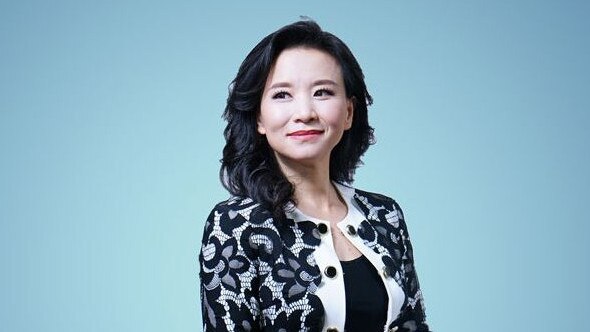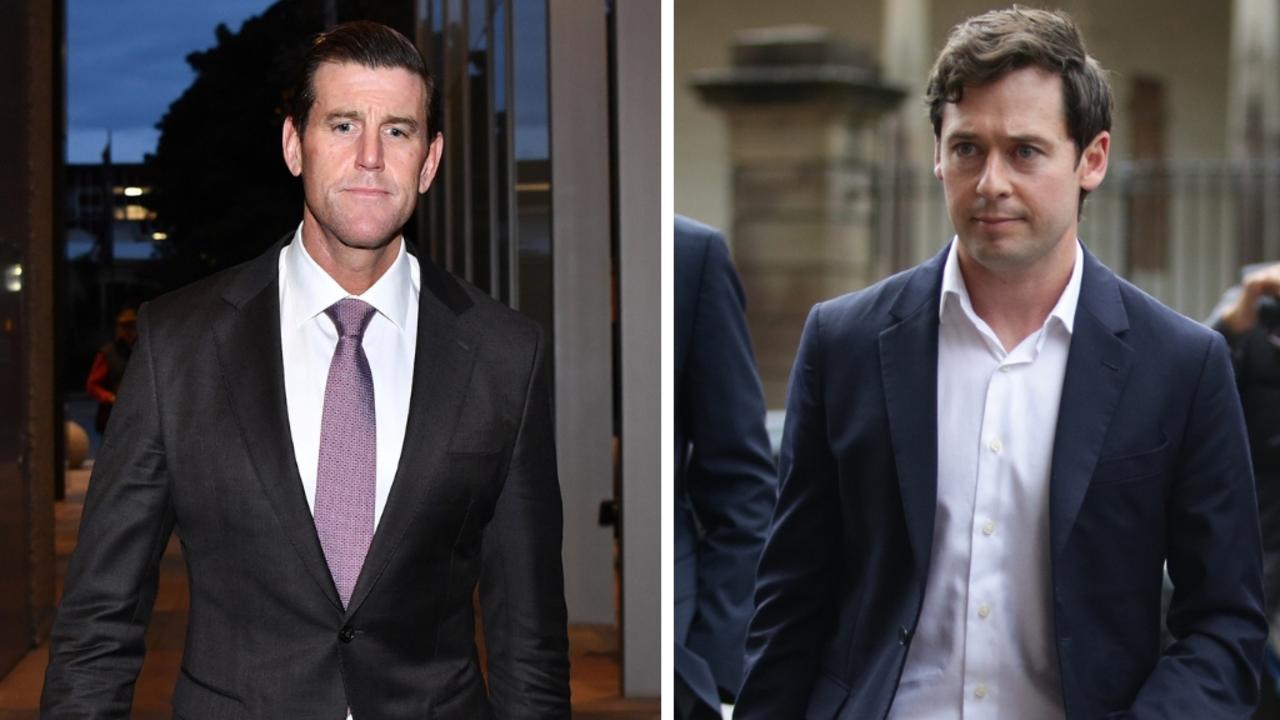Cheng Lei: Chinese media boss criticises ‘propaganda failure’
Global Times editor-in-chief Hu Xijin has criticised Beijing’s secrecy over the detention of Australian Cheng Lei, suggesting it had been a propaganda failure.

Pugnacious Global Times editor-in-chief Hu Xijin has criticised Beijing’s secrecy over the detention of Australian Cheng Lei, suggesting it had been a propaganda failure.
In a rare public critique by a participant in China’s tightly-censored media system, Mr Hu indicated China’s media had been kept in the dark about Ms Cheng’s detention without charge, which was revealed by Foreign Minister Marise Payne on Monday night.
“If foreign criminals are arrested in various places in China, (the Chinese state) should inform the media as soon as possible,” wrote Mr Hu on Weibo, a Chinese social media account. “Diplomatic discords should not be hidden from the media.”
China’s state media — of which Mr Hu is one of its loudest figures and which is overseen by Beijing’s powerful Propaganda Department — did not report the extraordinary detention of the state television anchor until after it was raised at a press conference in Beijing on Tuesday afternoon, long after it had ricocheted around the world.
Mr Hu’s concerns about the lack of transparency in the Chinese system focused on the damage to the state’s interests rather than journalistic values as understood outside the People’s Republic of China.
“It is necessary to race against time to send news, spread the Chinese perspective and attitude to the world as soon as possible, and seize the first point of news (rather) than publishing a lot of articles later,” he wrote on Weibo, where in April he described Australia as “gum stuck to the bottom of China’s shoe”. “External propaganda depends on the joint efforts of our entire system.’’
The lack of explanation about Ms Cheng’s detention without charge has heightened concern within the federal government about the implications for other Australian citizens in China and underlined the deep distrust between the two governments. The Australian government was aware of Ms Cheng’s unexplained detention last week as Wang Xining, China’s deputy chief of mission in Canberra, gave what appeared to be a conciliatory speech at the National Press Club.
China’s foreign ministry has not provided details on the sensitive matter, instead denouncing at length the Morrison government’s new inquiry into foreign interference in Australian universities, which was triggered by an investigation in The Australian.
China’s state controlled media — including the fiery Global Times and more sober China Daily — echoed the criticism of the proposed inquiry.



To join the conversation, please log in. Don't have an account? Register
Join the conversation, you are commenting as Logout